Ivan Kandalinsky’s fall on Mount Trunyan has captivated
local news, with a tale that seems straight out of a Hollywood blockbuster.
The
fitness trainer plunged 300 meters into a ravine and spent two days
stranded as locals, police, and even the military mounted a search.

We met Ivan
at a Denpasar hospital, just as he was being discharged and still unable to
walk, where he shared his incredible survival story with bali.live readers.
Hi, Ivan. Congrats on your discharge. How much did it all cost in the
end?
I spent about $8,000 in total. I didn’t have insurance. They performed
surgery, inserted a plate, repaired my joint, repositioned my hip, gave me
various injections, and ran numerous tests. They checked my liver several
times—thankfully, it's fine.

Tell us, how did you end up in the ravine, and why were you stranded for
so long?
I came across a popular reel featuring people walking along a mountain ridge
with breath-taking green peaks in the background. It turned out to be in Bali,
so a group of us decided to recreate the hike. The location was in Kintamani.
We found the starting point and began our trek.

Was the climb difficult?
Not at all. There's only one path up with no forks or detours. The climb
isn't extreme—it's mostly steps, and the terrain is dry with some sand. The
path is a bit eroded in places but generally wide. The only challenge might be
for those not in good shape, as they could tire quickly. There were even local
women begging for money up there. We joked about how they managed to make the
climb.
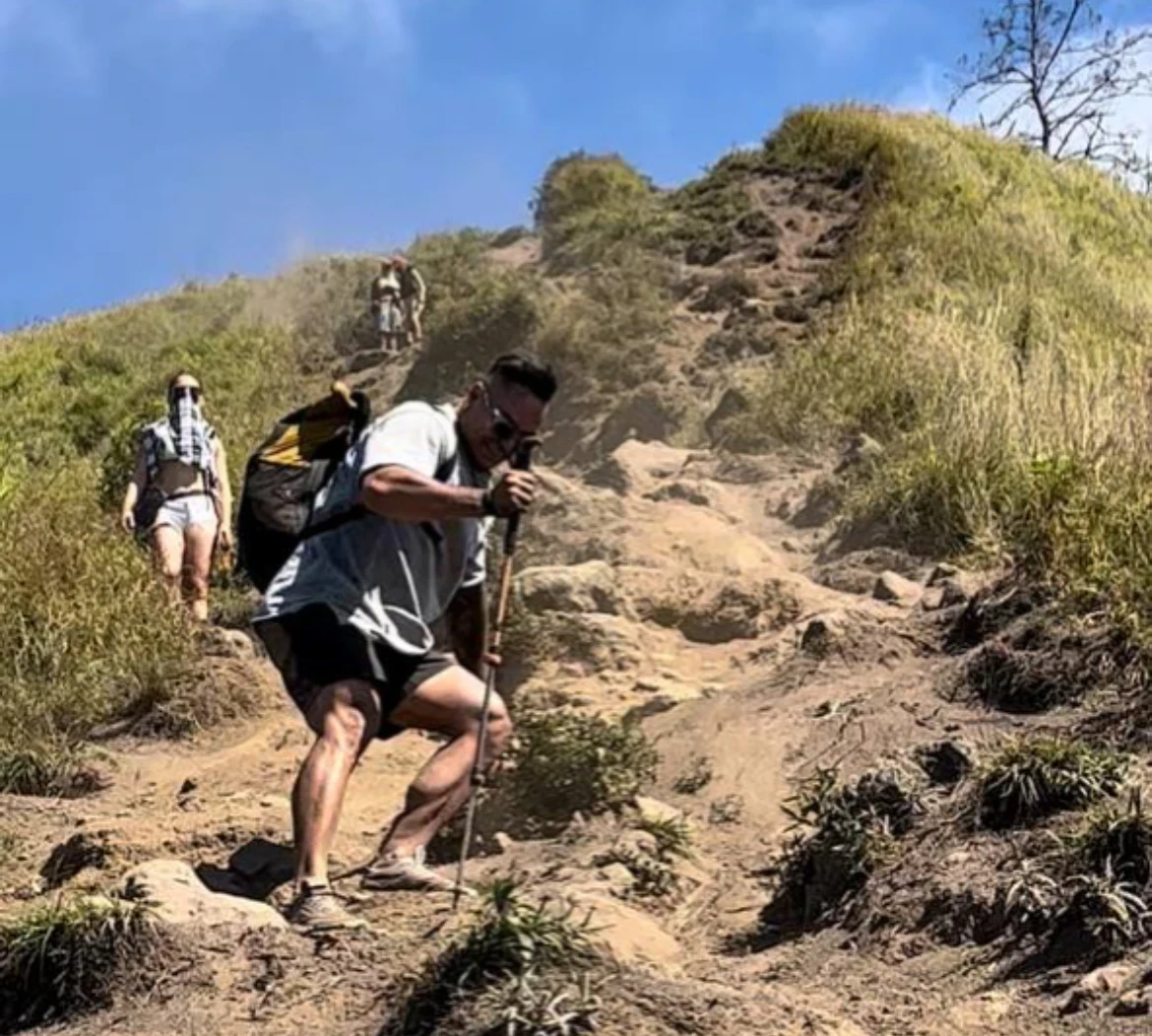
It all happened during the descent, right?
Yes. We found the ridge, which is about 1,800 meters high. After filming
with a drone, we began our descent. However, the last 200 meters were extremely
steep, almost vertical. We had trekking poles, but they didn’t help much, so we
ended up sliding down. I wasn’t wearing proper hiking boots, so my shoes were
slippery. I must have stepped on something unstable, though I don’t really
remember—it’s all a blur. The next thing I knew, I was at the bottom, severely
injured, with my leg in agony and my shoulder feeling like it had been ripped
out.
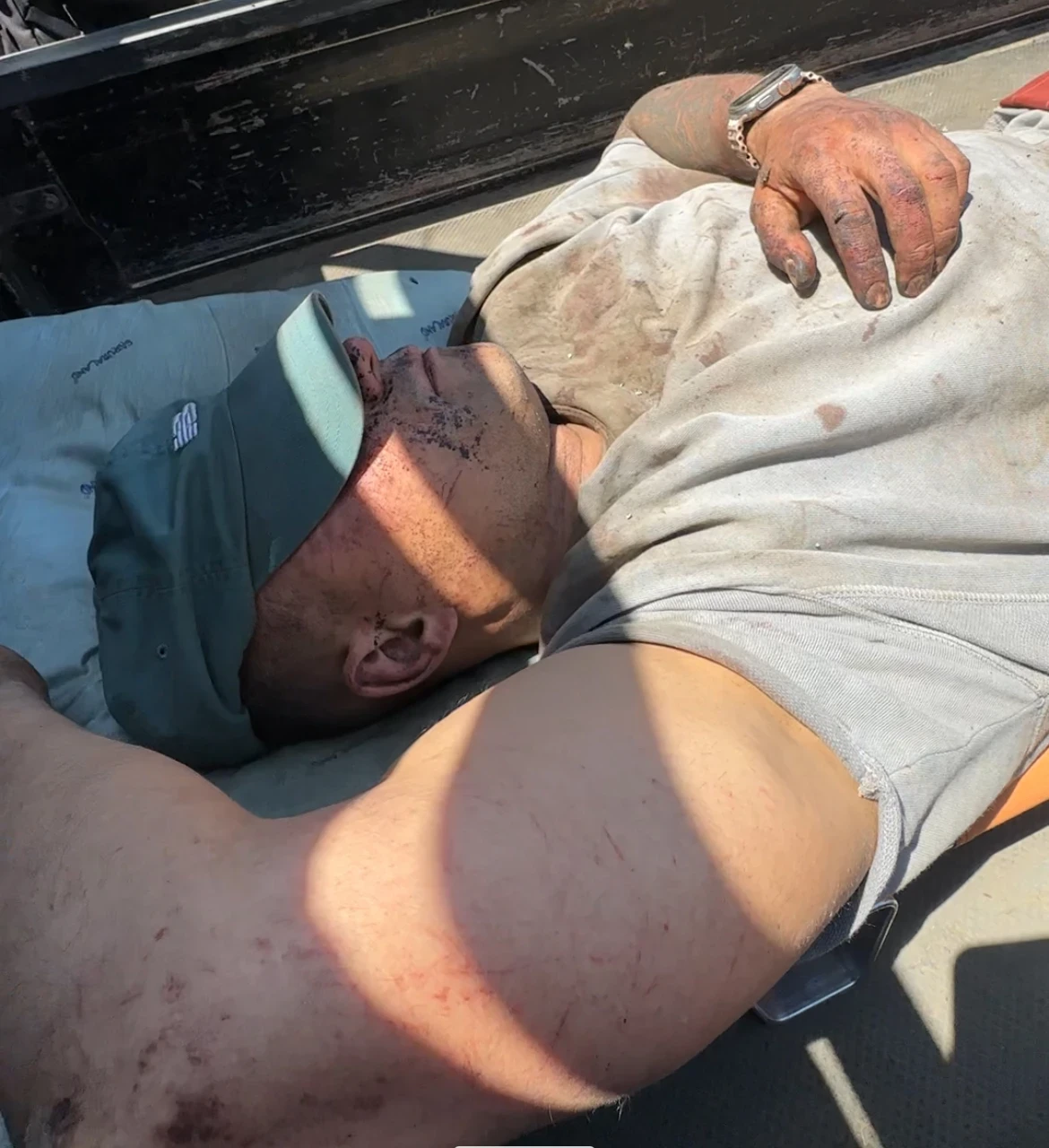
Couldn’t you get back to the road on your own?
Nope. I spent most of the time sitting and dragging myself
along on my butt because I couldn’t stand. I kept moving, convinced I needed to
go down. I could see a road through the leaves, so I crawled towards it.
Did you realize how much time had passed while you were
down there?
Not at all, and I was actually shocked when I found out. I
had no idea where I was or what was happening. I was in such a state of shock
that I can’t even describe it.
Did you regain consciousness immediately after the fall?
I think so, though it's hard to say for sure. I might have
been out for a couple of hours. What I do remember is clinging to the grass and
crawling on all fours, trying to move. It must have looked pretty odd and
pitiful—those helpless movements.
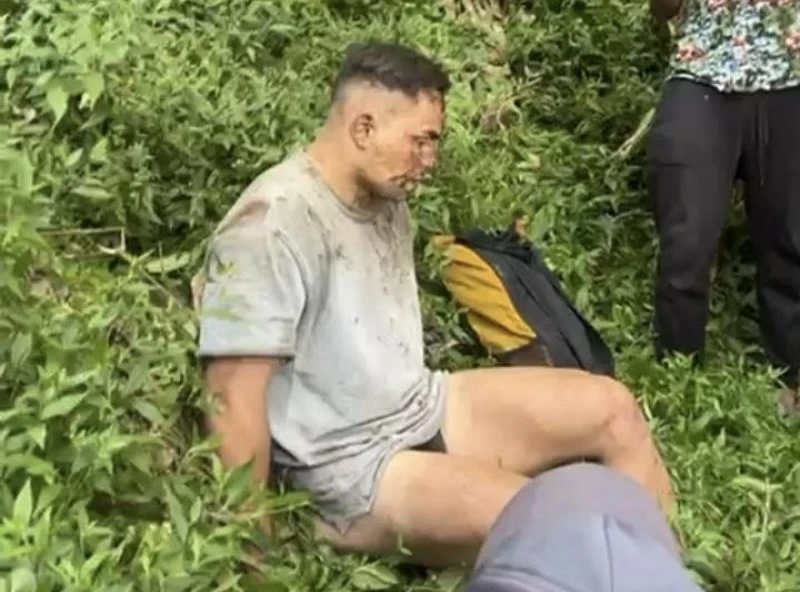
What about the night? Were you worried about animals or insects in the
dark?
Honestly, I didn’t even realize night had fallen. There were trees and thick
vegetation all around, so I couldn’t tell whether it was day or night. I didn’t
feel any temperature changes either. I wasn’t cold, despite losing a shoe and
tearing my shorts. It's funny—some people thought from my rescue photos that I
was in my underwear, but those were just my shorts pulled up. I wasn’t concerned
about animals; my situation was so dire that everything felt like one long,
unending stretch of time.
During your time down there, did you ever feel overwhelmed by panic or
despair, fearing you might not be found?
Not really. Our bodies are surprisingly resilient in extreme situations.
From what I’ve heard from others who’ve had near-death experiences, they often
don’t fear death when it’s imminent. It’s as if the mind shields us from that
sense of hopelessness. That’s what I think happened to me. Those two days felt
like just two hours. Honestly, it’s all a blur—I might have slept or blacked
out, but time seemed to fly by. All I knew was that I couldn’t walk, had no
shoes, and was covered in dirt.
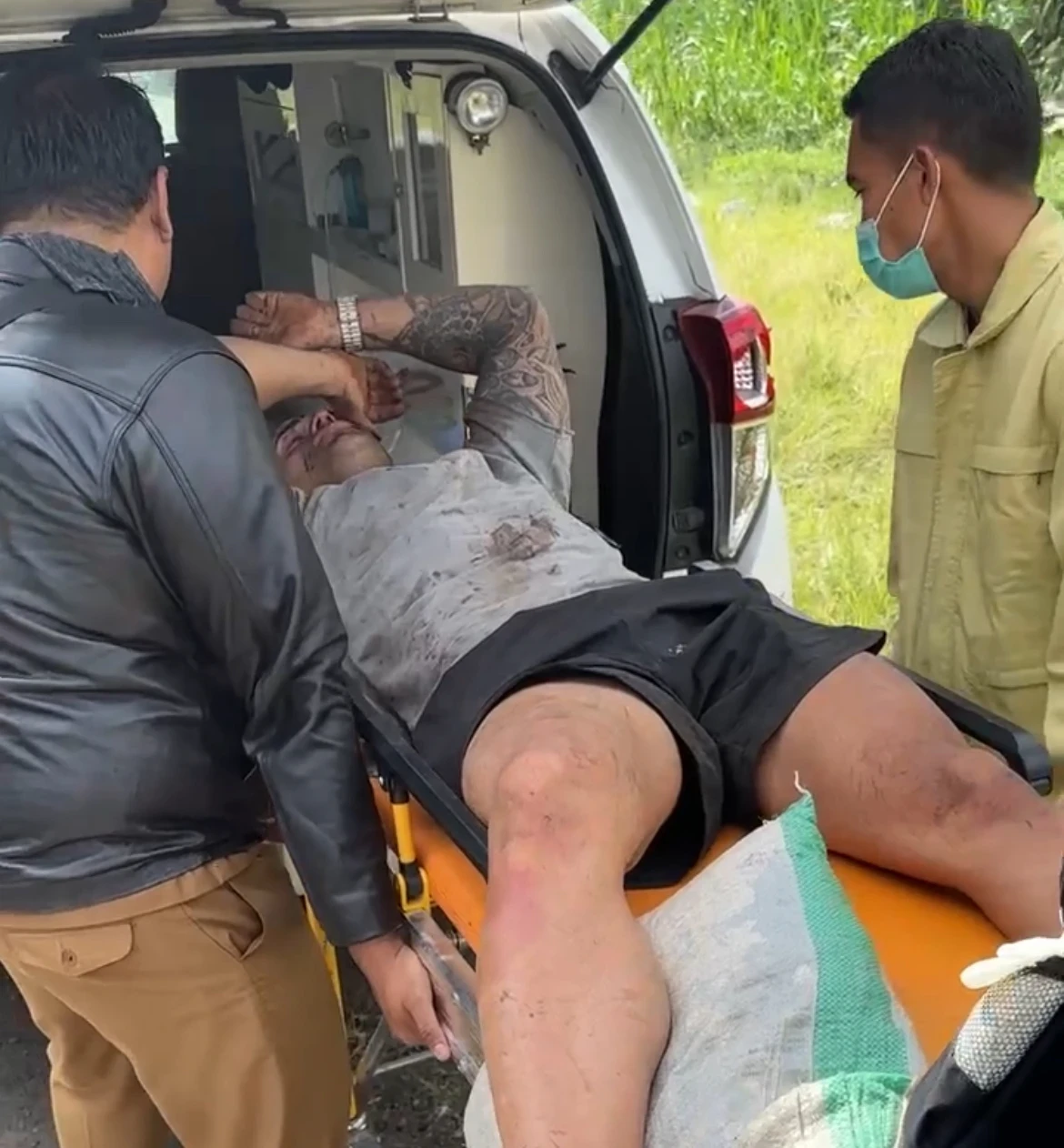
How did you cope with hunger and thirst during that time?
I didn’t think about it at all. My mind went into survival mode—no problems,
no fears. My only focus was on getting down. I didn’t even think about needing
to use the bathroom. But when the rescuers arrived and offered me water, I
drank it with immense relief and gratitude.
Did you believe they were searching for you?
Yes, definitely. I heard voices and the sound of people
chopping through the forest, and I could tell they were speaking in Bahasa
Indonesia. I think I shouted 'help' about four times, but I did it quietly,
almost timidly. It was more like a soft 'help' than a loud cry. It seems they
found me after my fourth shout.
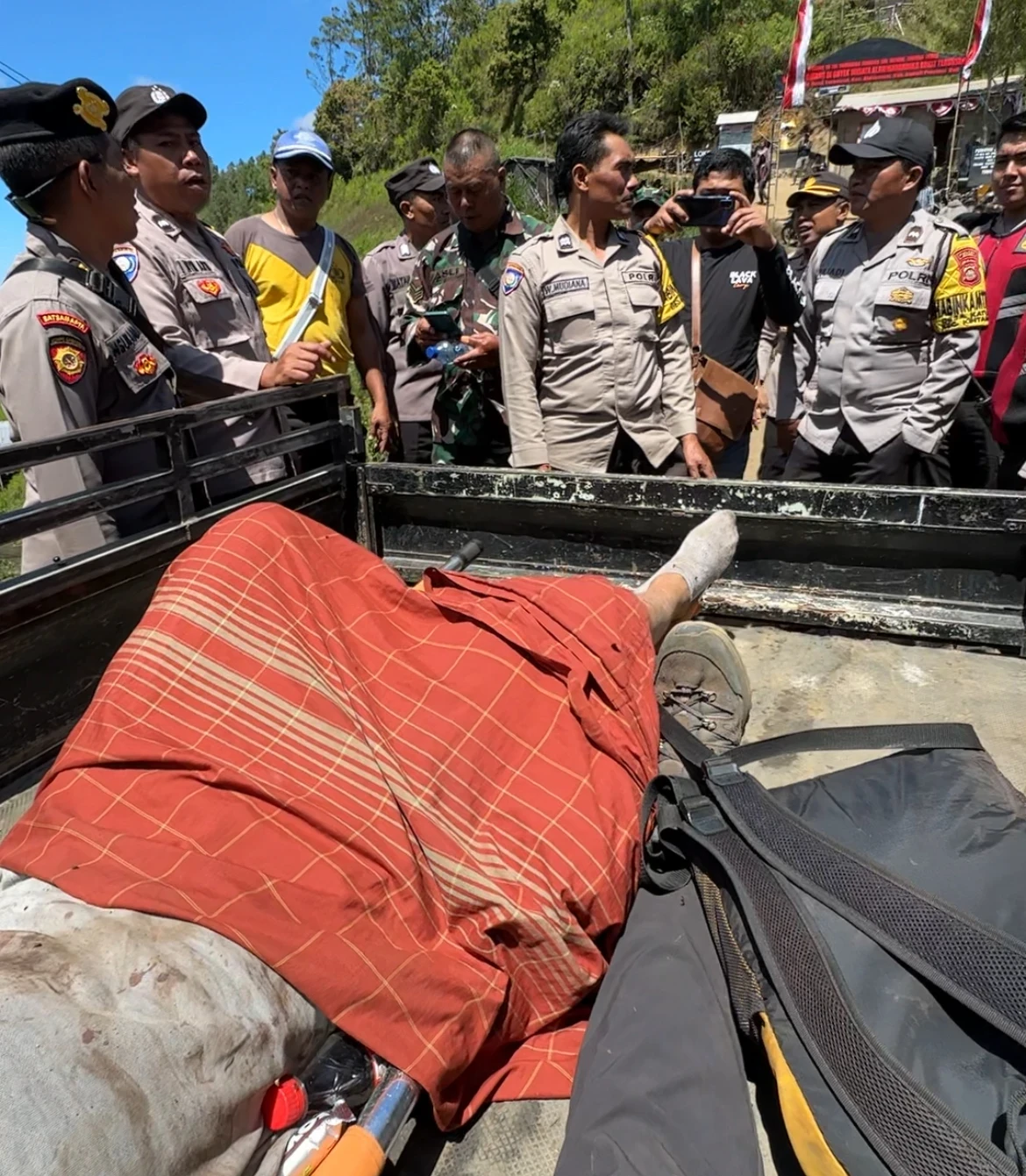
How did it happen that no one from your group remembered
where you fell or found you right away?
I talked with the guys afterward. One of them saw me
disappear and started searching immediately. But during a group hike, if
someone goes out of sight, people don’t panic right away. Everyone was relaxed.
It was a sober trip—no drinking involved—so no one thought something serious
had happened. They assumed I might have just tripped and lagged behind
somewhere. In reality, I fell 300 meters, which is crazy. I completely
understand how it took them a while to realize I was in trouble.
You didn’t have your phone with you?
I must have lost it during the fall. They found it
separately, near the spot where I landed.
What did you feel when you saw the rescuers arriving?
I felt immense relief when they arrived. It was like I could
finally let go and relax. They offered me water and cigarettes, and that’s when
I really began to feel the extent of my injuries—my internal organs were
damaged, and my hip was dislocated. The first X-ray was terrifying.
Who came to your rescue? Were they locals or officials?
Yes, local villagers, police officers, pecalang
(Balinese community guards), and even some soldiers from the Indonesian army
were involved in the rescue. The first responders were men from a nearby
village, and they were soon joined by more people who figured out how to
evacuate me. They fashioned a DIY stretcher and secured my legs with makeshift
bindings. Their efficiency was impressive, and I felt confident they would get
me out. Some of them were practically barefoot, climbing the terrain while
carrying me.
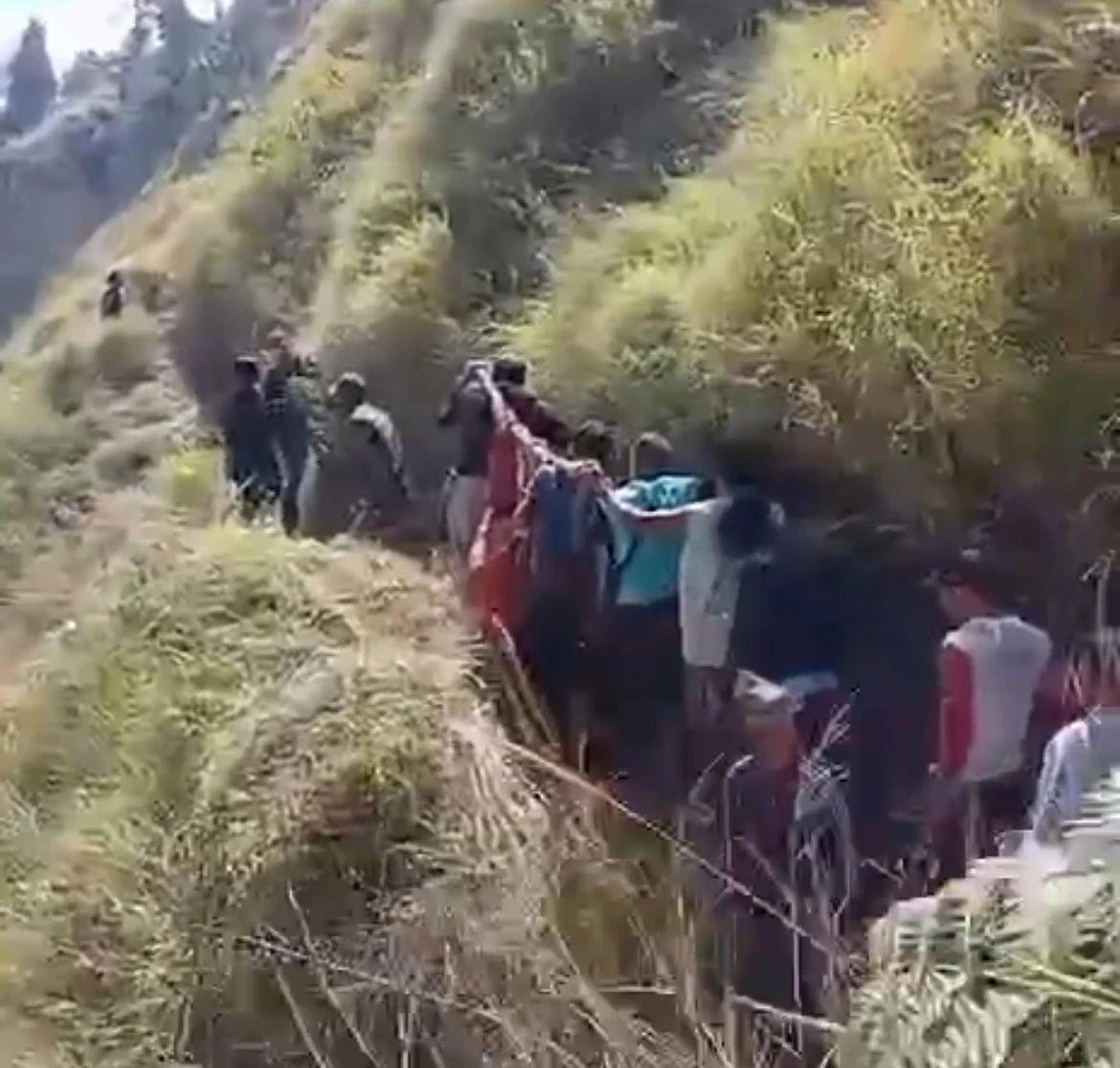
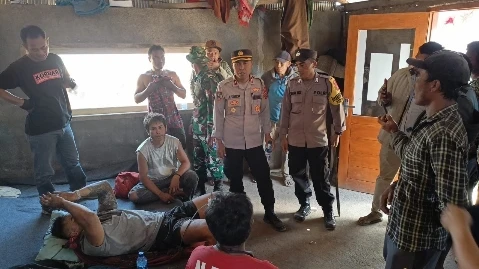
You didn’t get far from where you fell, did you?
Not really. With a dislocated hip, I couldn’t move fast. It felt like I was
making progress because the scenery kept changing, but in reality, I was just
crawling in circles, like a bug.
Who organized the search? It sounds like they were really determined to
find you.
Yes, I learned later that my friends were actively searching for me and even
reached out to the king of Kintamani for help. He even hosted them for the
night. A businessman, Alexander Boronin, made a significant
contribution to the search efforts. Over 300 people were involved, and I heard
they were even prepared to send helicopters. I'm incredibly grateful to
everyone who helped.
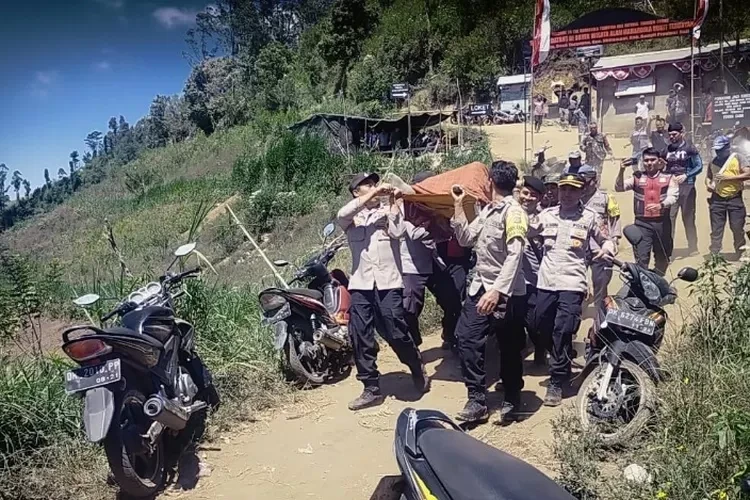
What are your plans now? Is your treatment complete?
Right now, my focus is on rehabilitation, and it’s all about
putting in the hard work. I might need additional surgeries, including at least
one to remove the plate from my hip. This experience has been significant for
me. As a fitness trainer, I can't imagine how I would have managed if my body
hadn’t been in good shape.
Ivan has a long recovery ahead and may require additional
surgeries. If you’d like to support him, here’s how you can contribute:
Permata (IDR): 0098-4692-3044 Ivan Kandalinskii
USDT (TRC20): TBBU72njdApQ1g2Tr3reTSNjGyKG68ya58
You can add one right now!